تنويه هام : الشركة لا تتبع لأي جهه رسمية أو حكومية وكذلك ملاكها ليس لهم علاقة من قريب أو بعيد بأي جهات رسميه أو حكومية أو سيادية.
Our Yellow Corn
Come together and we will take you on a tour of the Yellow Corn trade
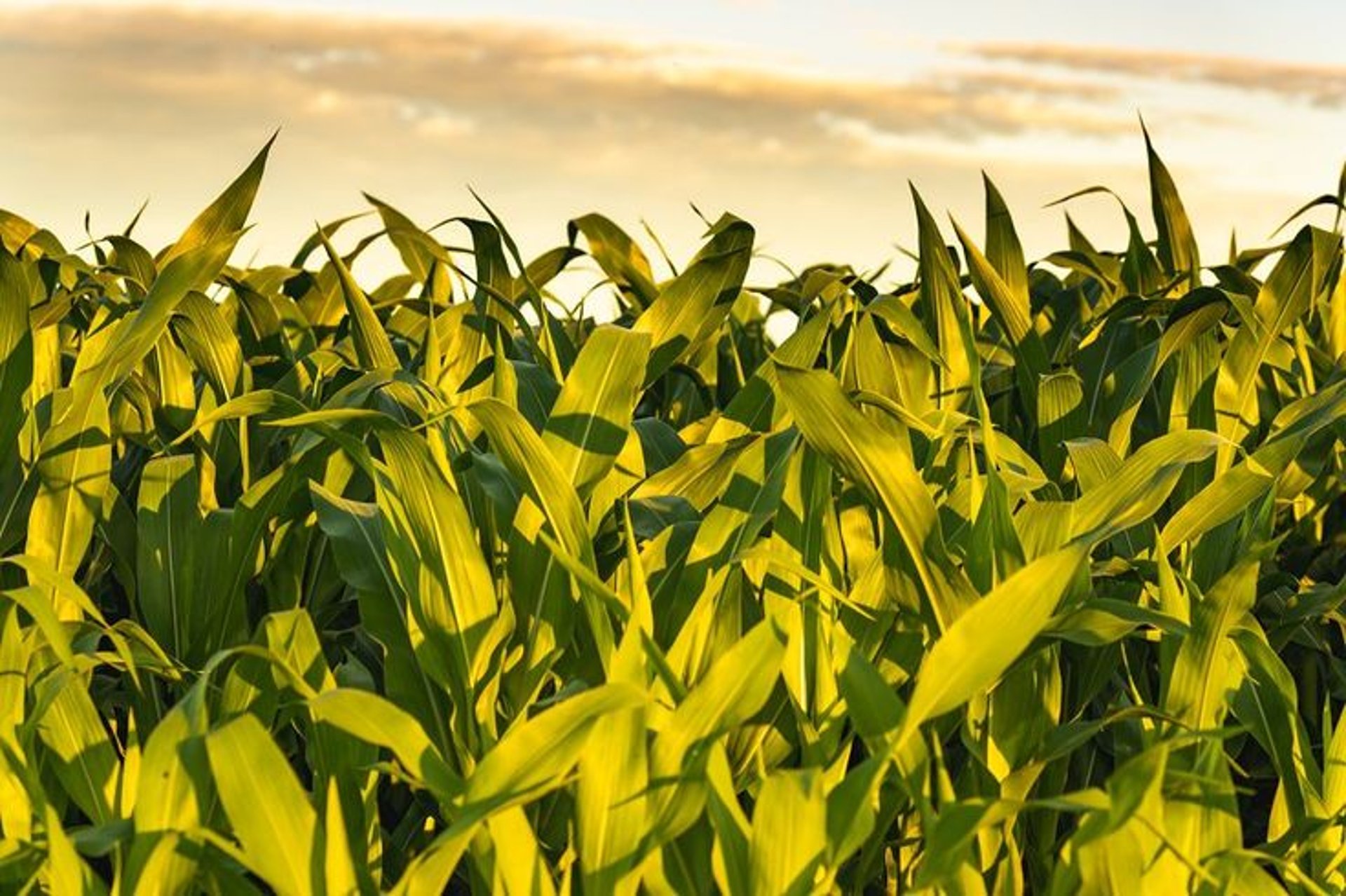
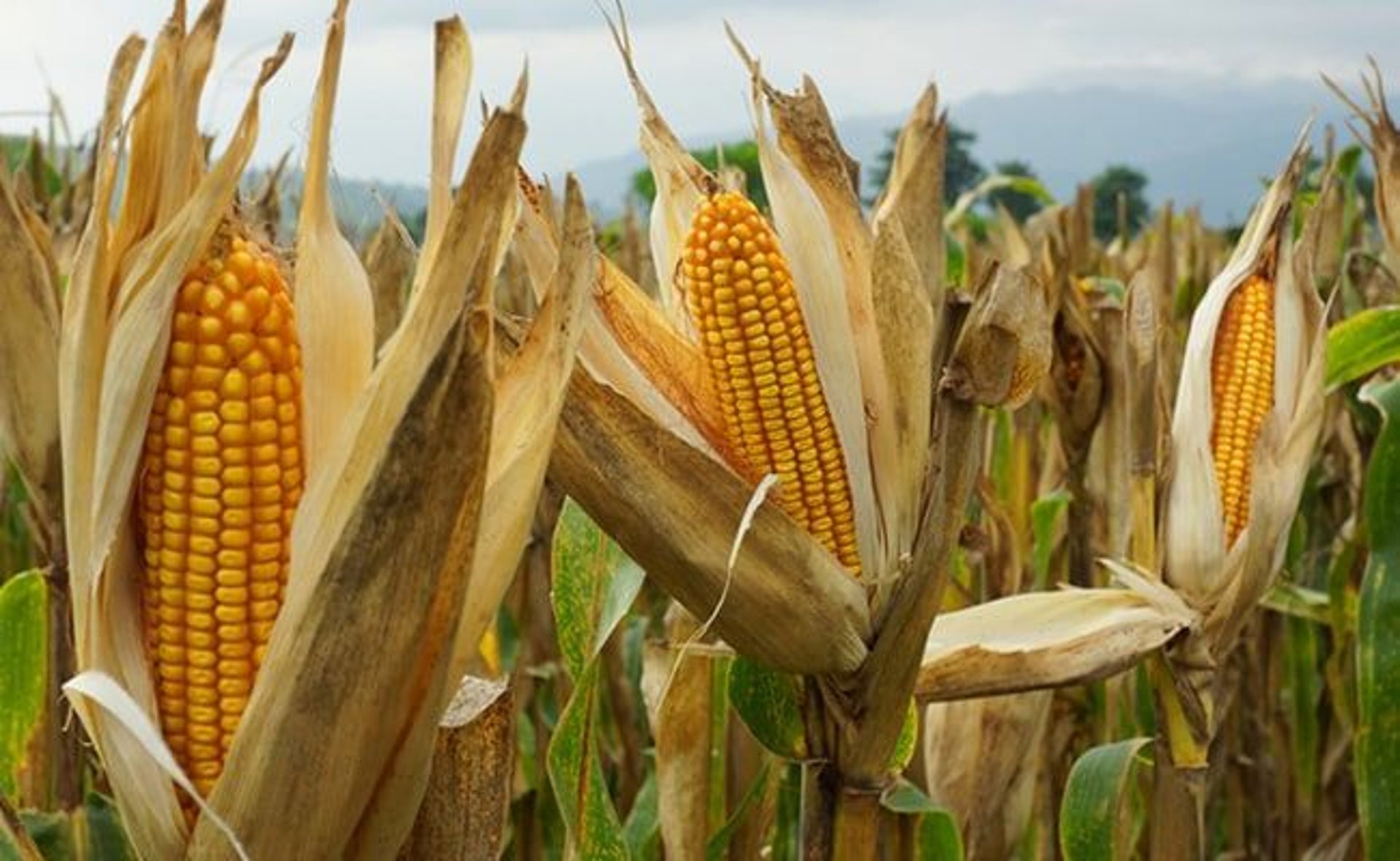
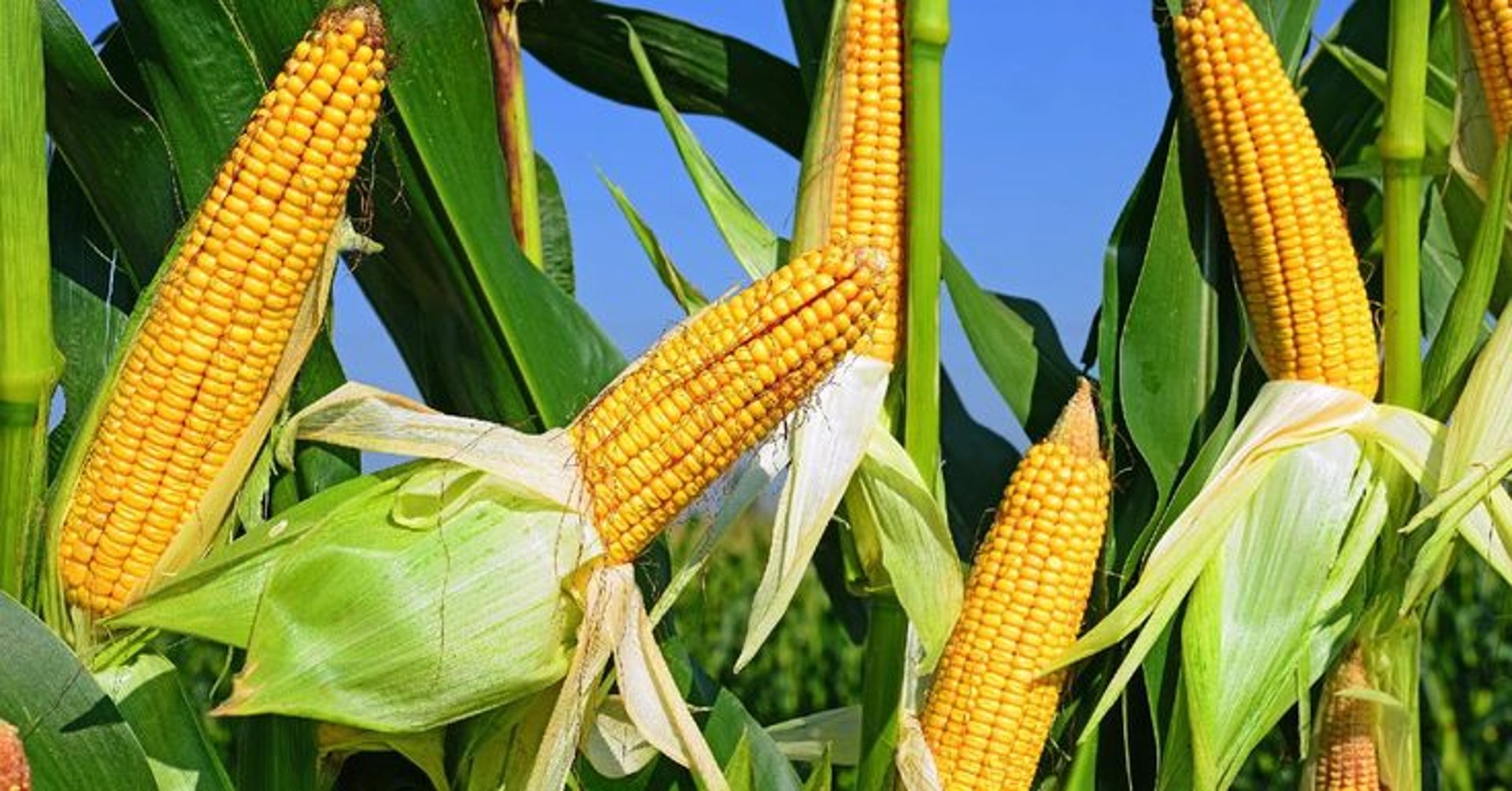
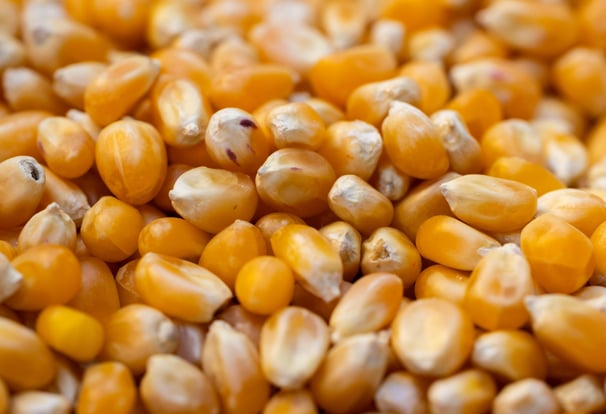

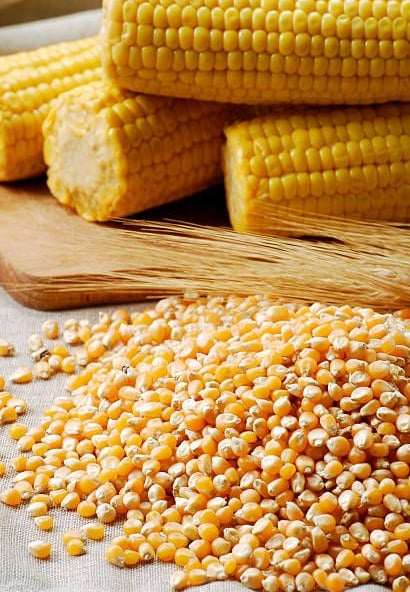

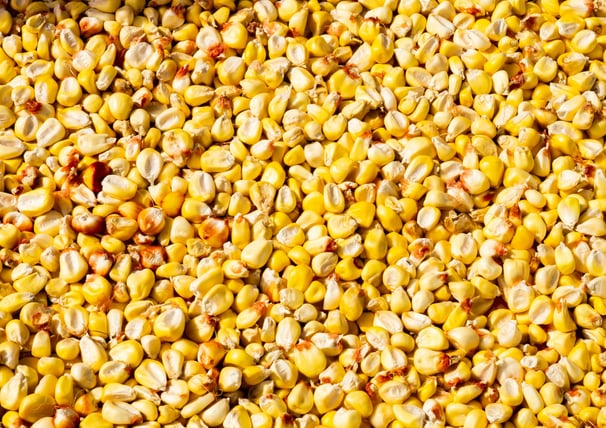

IXH Trading exports Russian ,Ukrainian, Argentina and Brazil Yellow Corn to many countries of the world, especially Africa.
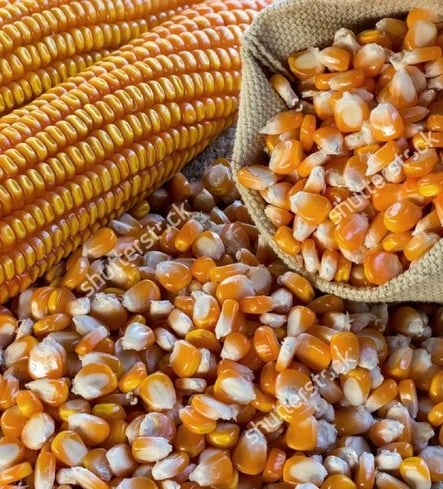

Nutritional Value for Humans
Yellow corn is a nutritious grain that provides several essential nutrients:
Carbohydrates: Yellow corn is a rich source of carbohydrates, which are the primary source of energy for the body.
Fiber: It contains dietary fiber, which aids in digestion and helps prevent constipation.
Vitamins:
Vitamin A: Yellow corn is high in carotenoids, particularly beta-carotene, which the body converts into vitamin A. Vitamin A is crucial for vision, immune function, and skin health.
B Vitamins: It contains B vitamins like thiamine (B1), niacin (B3), and folate (B9), which are essential for energy production and various metabolic processes.
Minerals: Corn provides minerals like magnesium, phosphorus, manganese, and iron, which are important for bone health, energy production, and oxygen transport.
Antioxidants: The carotenoids in yellow corn also act as antioxidants, protecting cells from damage caused by free radicals.
Nutritional Value for Animals
Yellow corn is a key component in animal feed, particularly for livestock and poultry. It offers several nutritional benefits:
Energy: The high carbohydrate content provides a significant source of energy, which is essential for growth and productivity in animals.
Protein: While not as high in protein as some other feed ingredients, corn still provides a moderate amount of protein necessary for muscle development and repair.
Digestibility: Corn is easily digestible for most animals, making it an efficient feed option.
Fats: It contains small amounts of fats, which contribute to overall energy intake.
Yellow Corn trading
Uses and Benefits
Food Products:
Whole Corn: Consumed as fresh corn on the cob, corn kernels, and cornmeal.
Processed Foods: Used in products like cornflakes, popcorn, tortillas, corn chips, and cornbread.
Sweeteners: High-fructose corn syrup (HFCS) is widely used as a sweetener in beverages and processed foods.
Animal Feed:
Yellow corn is a primary ingredient in livestock and poultry feed due to its high energy content and digestibility.It supports growth, milk production, and egg laying in animals.
Industrial Uses:
Biofuel: Corn is a major source of ethanol, a renewable fuel used in gasoline blends.
Starch Production: Cornstarch is used in various industrial applications, including food processing, paper manufacturing, and adhesives.
Biodegradable Plastics: Corn-derived materials are used to produce eco-friendly plastics and packaging materials.
Health Benefits:
Digestive Health: The fiber content in corn supports healthy digestion and prevents constipation.
Eye Health: The carotenoids, particularly lutein and zeaxanthin, contribute to eye health and may reduce the risk of age-related macular degeneration.
Immune Support: The vitamins and antioxidants in corn help strengthen the immune system.
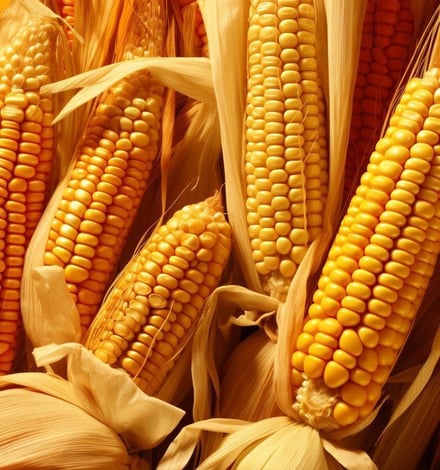

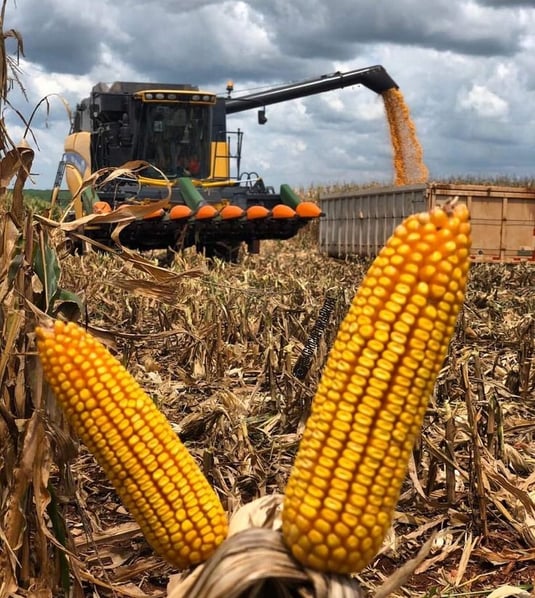

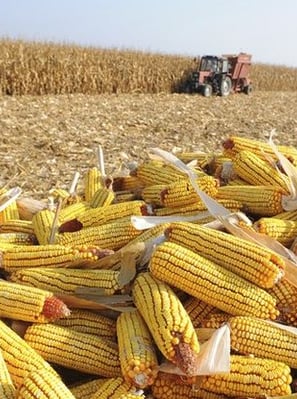

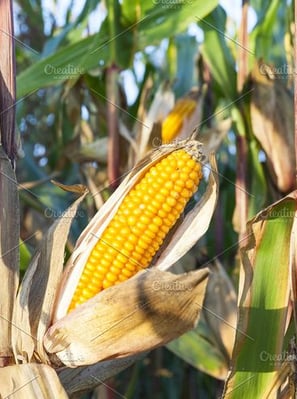

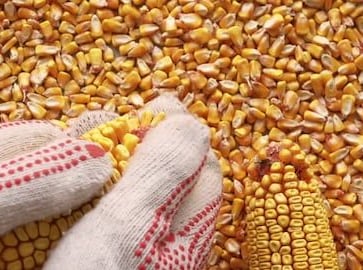

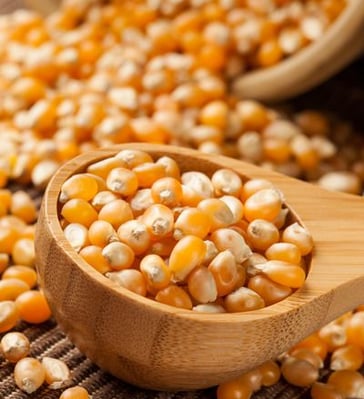

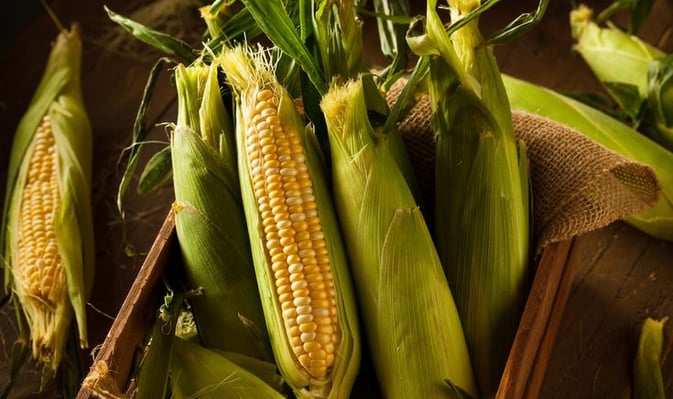

Yellow corn is a vital crop with diverse applications in human food, animal feed, and industry. Its rich nutritional profile provides essential nutrients and health benefits for both humans and animals, making it a crucial component of diets worldwide.


